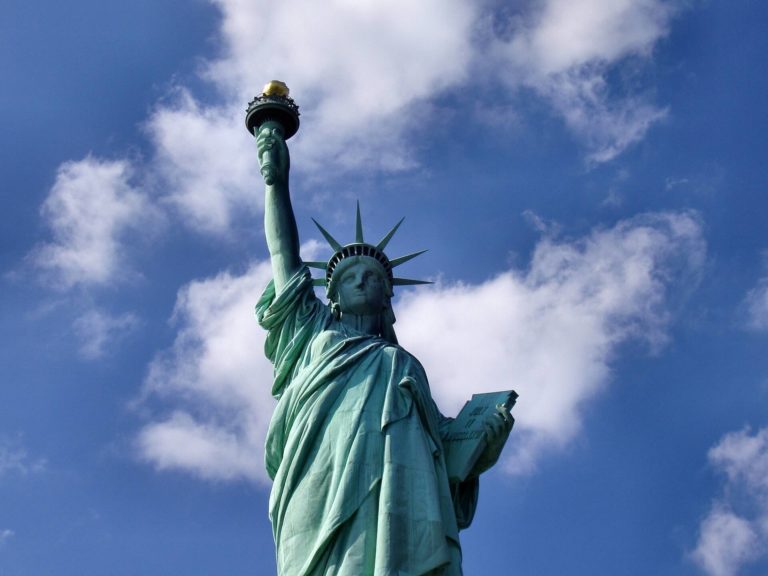What Is EAJA?

EAJA stands for the Equal Access to Justice Act, a federal law enacted in 1980 to allow individuals, small businesses, and public interest groups to obtain representation in cases against the federal government and not be held to attorney fees in the event that they are successful. If the group or individual is successful, their attorneys will be paid directly by the federal government for the work they did on the case.
What Does EAJA Involve?
There are four elements that must be met in order for an attorney to collect fees under EAJA:
- Showing that the appellant is the prevailing party. This requires that the appellant (the veteran) was successful at court against the government.
- Showing that the appellant is eligible for an award. The veteran is eligible under EAJA if their net worth is less than $2 million.
- An allegation that the government’s position is not substantially justified.
- An itemized statement of the fees sought. Attorneys will bill hourly and keep track of all the time they spent on a case to submit with their EAJA request.
Reasonable Fees and Expenses
EAJA covers the reimbursement for reasonable fees and expenses in a case brought against the federal government. There are certain definitions, and exceptions, for what is considered a reasonable fee and expense under EAJA.
What Does EAJA Mean for Veterans?
EAJA allows for veterans to be represented by an attorney at the Court of Appeals for Veterans Claims (CAVC) without having to pay attorney’s fees. Veterans who appeal Board denials to the CAVC historically have won more than 65% of their cases. A win at the CAVC usually means a remand back to the Board to correct an error of law and will result in a new decision. This gives veterans another chance at getting their benefits at the Board.
Attorneys representing veterans at the CAVC only receive EAJA fees paid by the government if they are successful in “winning” the veteran’s case. If attorneys are not successful, they will not be paid EAJA fees.
About the Author
Share this Post
